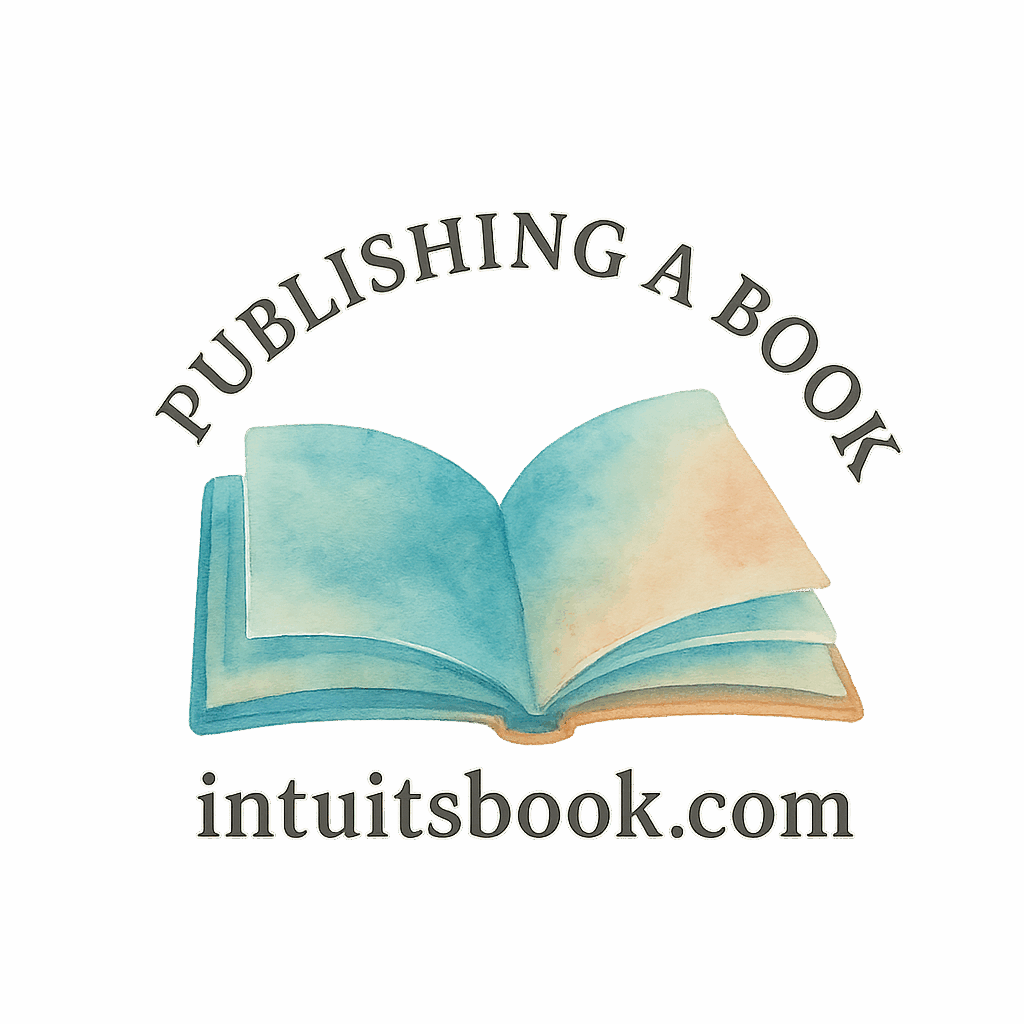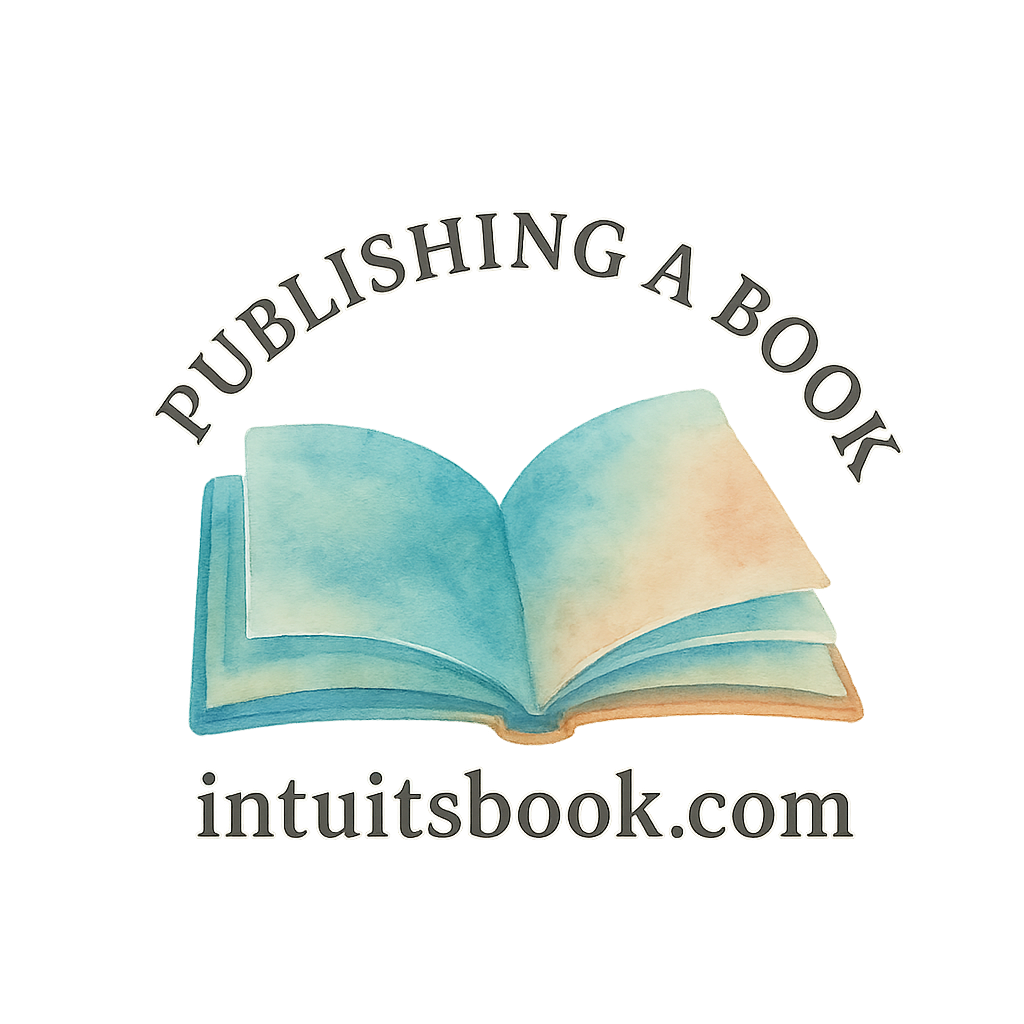Getting your book published starts with one powerful step—a compelling query letter. If you’re serious about catching the attention of agents or publishers, then you’ve got to treat this letter like your golden ticket. Not sure where to start? Don’t worry—I’ve got you. Let’s break it down and make the query letter writing process easy, even kind of fun.
What Is a Book Query Letter and Why It Matters
A book query letter is basically your sales pitch to a literary agent or publisher. It’s a one-page letter that summarizes your book, gives a bit of your background, and explains why your story is a good fit for their list. It’s the first impression—and trust me, it counts big time.
The Importance of Crafting a Great First Impression
Think of your query letter like a movie trailer. It needs to build interest fast. Agents sift through hundreds of letters each week. If yours doesn’t sparkle from the start, it’s going in the “no thanks” pile. That’s why nailing these tips is so important.
Tip #1: Know Your Target Agent or Publisher
Research Their Submission Guidelines
Before you write a single word, dig deep. Visit their website. Read the submission guidelines. Some agents want the first 10 pages. Others want a synopsis. Send what they ask for—or risk the digital trash bin.
Study What They Represent
Check out their author list and genres. Does your book fit? If you wrote a cozy mystery, don’t send it to an agent who reps dark sci-fi. Sites like Intuits Book have tons of tools to help you discover publishing paths and preferences.
Tip #2: Start with a Hook That Grabs Attention
Why the First Line is Crucial
If the first sentence doesn’t shine, the rest may never be read. You want something that pulls the reader in emotionally or sets a unique tone.
Example of a Great Hook
“Eighteen-year-old Rhea can hear people’s thoughts—but only when they’re lying.”
Boom! That’s intriguing, specific, and leaves you wanting more. Want more tips like this? Head over to the Writing Process section for inspiration.
Tip #3: Write a Concise, Engaging Synopsis
Focus on the Heart of Your Story
Boil it down to the main character, conflict, and stakes. Don’t rewrite your whole plot—just the essence. You’re not hiding your best bits; you’re teasing them.
Avoid Spoilers (Unless Requested)
Some agents do want the ending—others don’t. That’s why reading guidelines matters again. Confused about story structure? Use guides from the Book Draft section to sharpen your story summary.

Tip #4: Share Your Author Bio Like a Pro
Highlight Your Credentials
If you’ve published before—even self-published—mention it. Got degrees in creative writing, won awards, or participated in writing workshops? Toss that in. If not, it’s okay to be new. Just don’t try to oversell.
Keep It Relevant to Writing
No need to mention your job as a dental hygienist—unless your thriller is set in a dental office! Keep it focused. Check out Author Career tips to build a compelling writing resume.
Tip #5: Personalize Your Query Letter
Mention Why You’re Submitting to Them
This is where most writers fail. Say something like:
“I loved your client Jane Doe’s novel Blood Moon Rising, and I believe my book Crimson Tides has a similar tone.”
That little detail shows effort and connection.
Show You’ve Done Your Homework
Agents want to know why them. Generic query letters stick out—and not in a good way. Want help? The Publishing Hacks tag is full of clever ways to stand out.
Tip #6: Stick to the Ideal Query Letter Format
Structure Your Letter Properly
Keep it simple:
- Opening: Brief hook
- Middle: Synopsis
- Bio: Author background
- Closing: Thank you + contact info
Use a 12-point font like Times New Roman and stay under one page (around 300-400 words). That’s it.
Follow Word Count Guidelines
Some agents cap queries at 250 words. Others allow more. Again—check guidelines! Want templates? Visit Learn to Publish.
Tip #7: Proofread and Revise Ruthlessly
Avoid Grammar and Typo Disasters
Nothing screams amateur like a typo in the first sentence. Run your query through a spellchecker, and even better—read it out loud.
Get Feedback Before You Hit Send
Join writing groups or use online critique forums. You can also get pro feedback via Publishing Courses.
Common Mistakes Writers Make in Query Letters
- Being too vague about the plot
- Writing a novel-length letter
- Bragging excessively
- Forgetting to include a genre
- Using clichés instead of voice
Avoid these, and you’ll be way ahead of the pack.
Final Thoughts on Mastering the Query Letter
Writing a compelling query letter is part art, part strategy. It’s not just about your book—it’s about how you present it. And like anything else in writing, practice makes better.
If you follow these seven tips, you’ll dramatically increase your chances of getting noticed. Remember—a good query gets a request. A great query opens doors.
Looking to take your writing even further? Explore the world of Self-Publishing or even weigh Traditional Publishing options. There’s a wealth of advice out there—especially through platforms like Intuits Book.
And if you’re a New Author feeling overwhelmed, trust me—you’re not alone. Keep writing. Keep learning. Keep sending those queries.
Internal Resources to Supercharge Your Author Career
- Learn everything about the Writing Process
- Browse useful Author Tools
- Hone your Book Idea
- Promote your book smartly with Free Marketing tips
- Get noticed with expert Book Promotion
- Discover ways to Sell Books
FAQs About Book Query Letters
1. How long should my query letter be?
Keep it under one page—ideally 300–400 words.
2. Should I include my full manuscript?
Only if the agent or publisher specifically asks for it.
3. Do I need an agent to get published?
Not always. Check out Self-Publishing vs. Traditional Publishing options.
4. How do I find the right agent?
Start with reputable directories and Book Publishers resources.
5. Can I send the same letter to multiple agents?
Yes, but always personalize it for each recipient.
6. What should I avoid in a query letter?
Avoid oversharing, arrogance, vague summaries, and ignoring submission guidelines.
7. How can I improve my chances of getting a response?
Follow all these tips, stay professional, and use advice from Author Education and Query Tips.


